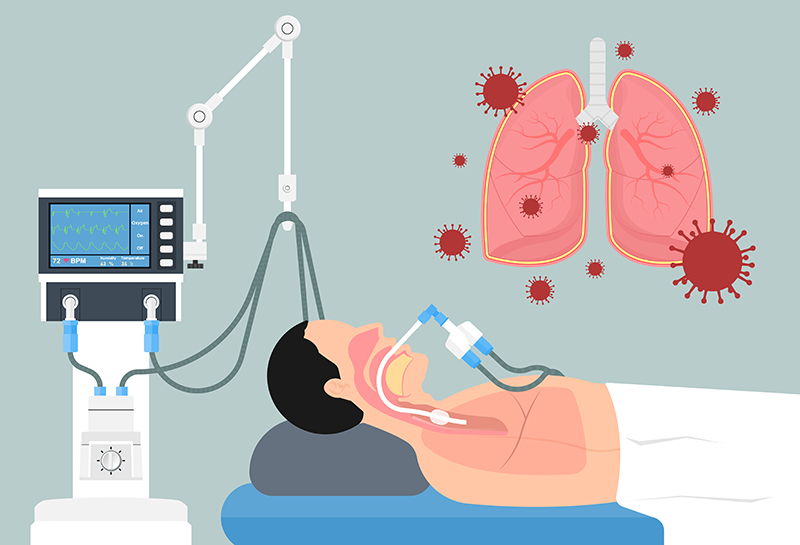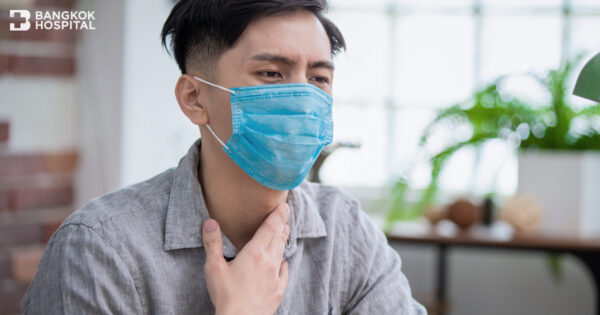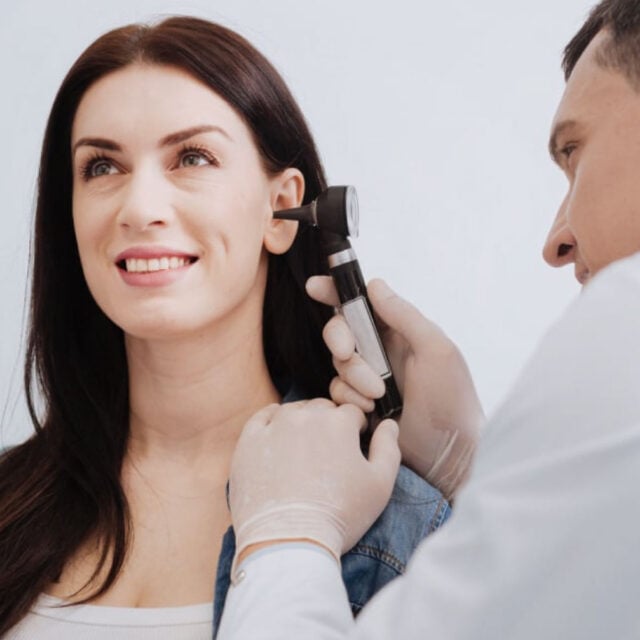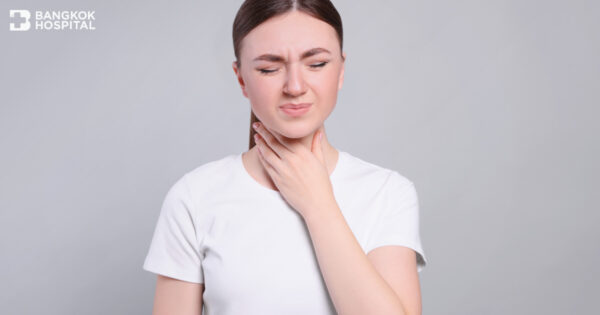COVID-19 patients who had severe condition which required endotracheal intubation for a long period of time might have laryngotracheal or vocal cords complications such as swelling, bruising, inflammation, or scarring. Therefore, you should observe yourself and contact your physician immediately if there’s something wrong.
COVID-19 Patients and Intubation
Covid-19 patients with severe lungs infection will have respiratory failure and difficulty breathing which require a ventilator to increase their chance of recovery. If intubation is necessary, a tube will be inserted past the vocal cords into the windpipe to bring oxygen to the lungs to help them work better. The endotracheal intubation may be necessary for quite some time and it may cause irritation of the larynx, causing swelling, bruising, inflammation, and wounds. These will affect the performance of the larynx.

Laryngospasm
Laryngospasm, a condition where the vocal cords contract, can occur during intubation and its removal. It is a reaction to a respiratory trigger when the larynx has not fully relaxed. When the spasm occurs in the vocal cords inside the larynx, oxygen cannot enter the lungs.
Laryngitis
Laryngitis can be caused by
- Respiratory infection, such as viruses, bacteria, yeast, or tuberculosis
- Overusing your voice, such as shouting, talkativeness, singing, harsh coughs, chronic cough, clearing your throat often, etc.
- Irritation to the larynx, such as breathing hazardous pollution, smoking, choking on food, vomitting, acid reflux, etc.
- External trauma to the larynx, such as blunt trauma to the neck, etc.
- Internal abrasion, such as intubation for anesthesia, or intubation to deliver oxygen in patients who cannot breath on their own
Treatment for Laryngitis
Treatment for laryngitis includes
- Medication. Your physician may consider from the root cause and prescribe treatment, such as antibiotics, anti-inflammatory agents, cough medicine, or treatment for acid reflux, etc.
- Vocal cord rest. At least two weeks of minimal speech, refrain from shouting, screaming, and singing
- Limit caffeine consumption and refrain from alcohol intake
- Surgery. If a tumor or scarring occurs inside the larynx, the surgeon may insert a tube into the oral orifice and use an endoscope designed specifically for the larynx to avoid damages or trauma to the nearby surrounding tissues. This way, laryngeal surgery can have the smalllest incisions and no external skin puncture from the neck. However, the patient should rest their voice by refraining from speaking for at least two weeks or until the incision has properly healed.
For COVID-19 patients that require intubation and respiratory support under the guidance of a physician, once they have recovered from COVID-19, other complications may follow. Thus, patients should stringently follow the doctor’s recommendation.









